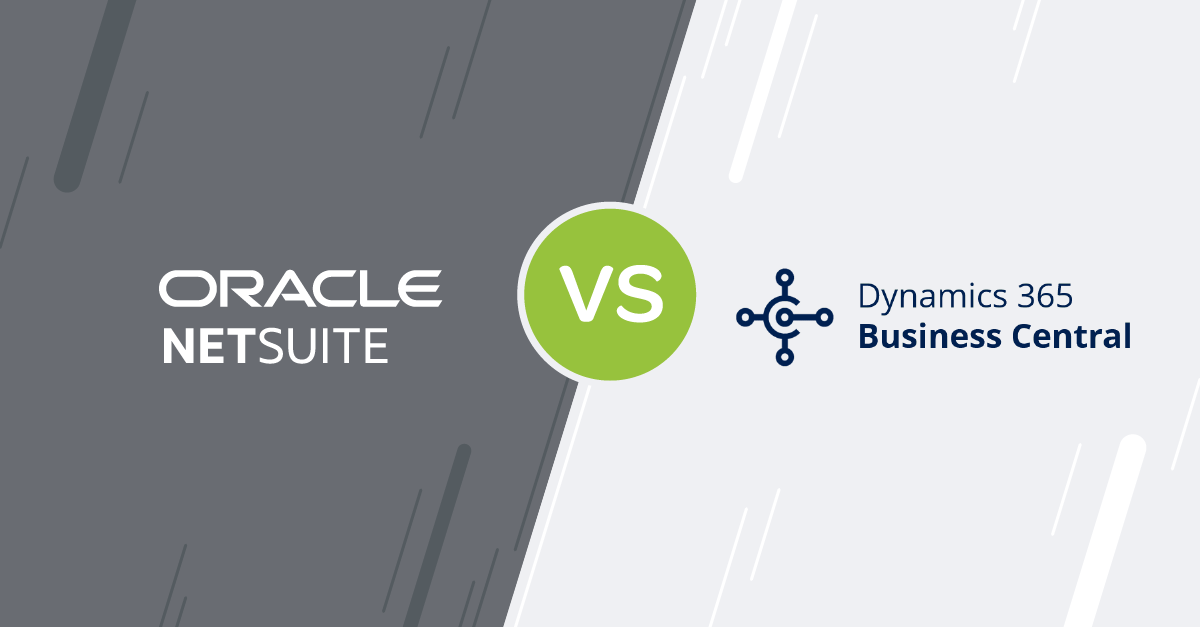Blog
Share this
ERP Vendor Selection Criteria - The Importance of a Stable ERP Vendor

by Jalene Ippolito on August 03, 2020
Selecting an ERP system for your small or mid-size business is one of the most important decisions you’ll make. Your ERP system becomes the core of your business, housing all your most important data and facilitating your processes. Among the many things you’ll consider in your ERP evaluation, the stability of the ERP vendor shouldn’t be overlooked. While you’ll likely work with an ERP partner to implement and support your solution, the ERP vendor is responsible for ongoing development and maintenance of the software, so it’s important to choose the right one.
Choosing a stable ERP vendor mitigates risk
As you’re searching for ERP solutions, you’ll come across the industry leaders, like SAP Business One and NetSuite. But you’ll likely also see some smaller solutions, particularly if you’re looking at an industry-specific ERP. Depending on your needs, a niche ERP solution might make sense. The challenge is that it’s common for the smaller, less established ERP vendors to be bought out by the big players. This presents significant risk to your business, as you might be forced to transition to a different solution if the new ownership decides to sunset your product. The alternative is to hang on to your ERP system long beyond its life expectancy and possibly without adequate support.
The other big risk factor with a lesser known ERP solution is ongoing product development. With a smaller customer base, they may have more limited resources for new feature development and enhancement. New version releases may happen infrequently, as the smaller ERP vendors tend to have a smaller development teams working on the product. And there’s always a risk that investment in the product will cease over time.
On the flip side, if you choose a well-established ERP vendor, your risk is much lower. These companies are more invested in supporting and growing their products, as they have tens of thousands of customers to support. For example, SAP has a product roadmap that looks 10 years in the future to support their 70,000 SAP Business One customers. There’s power in numbers.
How to evaluate the stability of an ERP vendor
You can get a sense of how established the ERP vendor is by asking a few questions. Bring these up as you’re talking with each prospective ERP implementation partner. Any partner worth their salt should be able to answer these questions on the spot. If they can’t, it’s a sign that they’re not tied in closely with the software vendor.
- How long has the vendor been in business? The vendors that have only been around a few years have a greater chance of being bought out or folding their business.
- How long has the product been around? A relatively new product will take a few years to mature in terms of functionality and stability (fewer bugs and issues).
- How often is the product updated? You want to know that there’s a consistent and predictable release schedule.
- What plans do they have for future product development? Ask the partner if they’re able to share a product roadmap with you.
- What are people saying about their product? Check out case studies and ask to speak to customer references.
- How many customers do they have? Vendors that have a large customer base often have a more mature product, as they’ve collected feedback from many companies to continually improve and enhance the software.
When it comes to the core system that runs your business, managing risk is paramount. Choosing a long-standing ERP vendor gives you piece of mind that both the vendor and the software will be with you for the long haul.
Share this
Stay in the Know!
Join other SMEs who receive our monthly ERP insights, tips and best practices.
You may also like

ERP Funding for Canadian Businesses

Should You Work with a NetSuite Implementation Partner or Go Direct?


